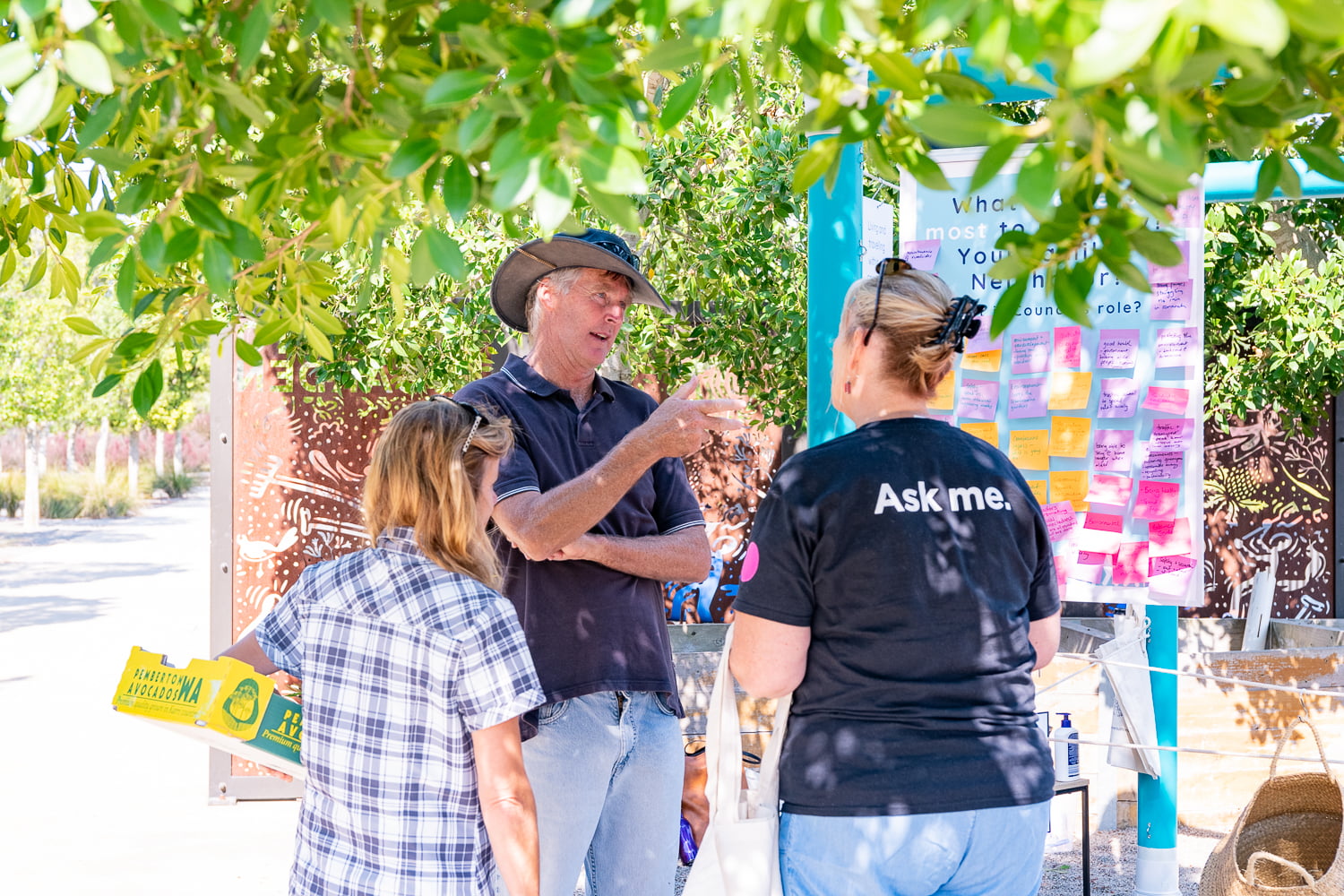If you’re involved in any kind of project, whether it’s in the public sector, private industry, or community initiatives, you’ve probably heard about Engagement Plans. Engagement Plans are a working document that is intended to be updated throughout the duration of the project. They are important in keeping everyone involved in the project up-to-speed and on the same page, and serves as the backbone of your project.
In this post, we share the key elements that make up an effective Engagement Plan, from defining its purpose and scope to setting negotiables and non-negotiables, and outlining the approach to be taken.
Purpose and scope of engagement
Defining the purpose and scope of engagement ensures that all stakeholders involved in a project have a shared understanding of objectives and expected outcomes. This prevents misunderstandings, conflicts and unmet expectations down the line. In addition to this, it provides the engagement team with a background understanding and history of the project, including the reason or previous involvement of key stakeholder groups, the parameters of what is expected to be achieved, and ultimately why we are engaging.
Measuring our success
Defining a project’s measures of success in the very beginning can not only help us effectively evaluate the project at its conclusion, but it can be vital to the development of consultation activities and progress checking along the way. It helps us to understand the desired outcomes required from engagement and create a plan that will achieve them.
While we might have an idea of our own success measures, it is important to capture the thoughts of the project team as the project experts. This allows us to delve into the needs of the community and the project through the eyes of someone who works or lives in the region and knows their community.
Negotiables and non-negotiables
Having clear negotiables and non-negotiables established at the beginning of any project is key to keeping things fair, preventing risk, and providing accountability for both the community and clients. Essentially, negotiables and non-negotiables outline what can and can’t be influenced, ensuring that no time is wasted on things that can’t change (non-negotiable). Great for saving your breath in engagement, and great for managing community expectations on the decisions made, leaving them with a feeling of useful contribution.
But what could this mean for your project? All-in-all negotiables and non-negotiables provide a clear direction and alignment, ensuring everyone involved in the project, including team members, stakeholders and clients are on the same page. The more you drill down and get into the specifics when discussing your negotiables and non-negotiables, the smoother your project will progress.
Knowing our approach
In our Engagement Plan, we like to detail our techniques, rationale and key audience to demonstrate not only what we are doing, but why it’s happening. Each project is different and requires varying degrees of consultation, so it is important to work out from the get-go what it is that we need, who we need to consult and what we are consulting them about. We work within the IAP2’s Public Participation Spectrum and outline the level of participation in engagement plans to clearly define the role of the community and stakeholders in projects.
Communications
Depending on your project or client’s needs, you might also need a Communications Plan. If that’s the case, we recommend developing a Communications Plan that goes with your Engagement Plan or fits right into it. In previous posts, we’ve delved into the value and importance of communication strategies for your project, and shared our expertise and practical strategies to tailor your Communications Plan and elevate your project’s success.


